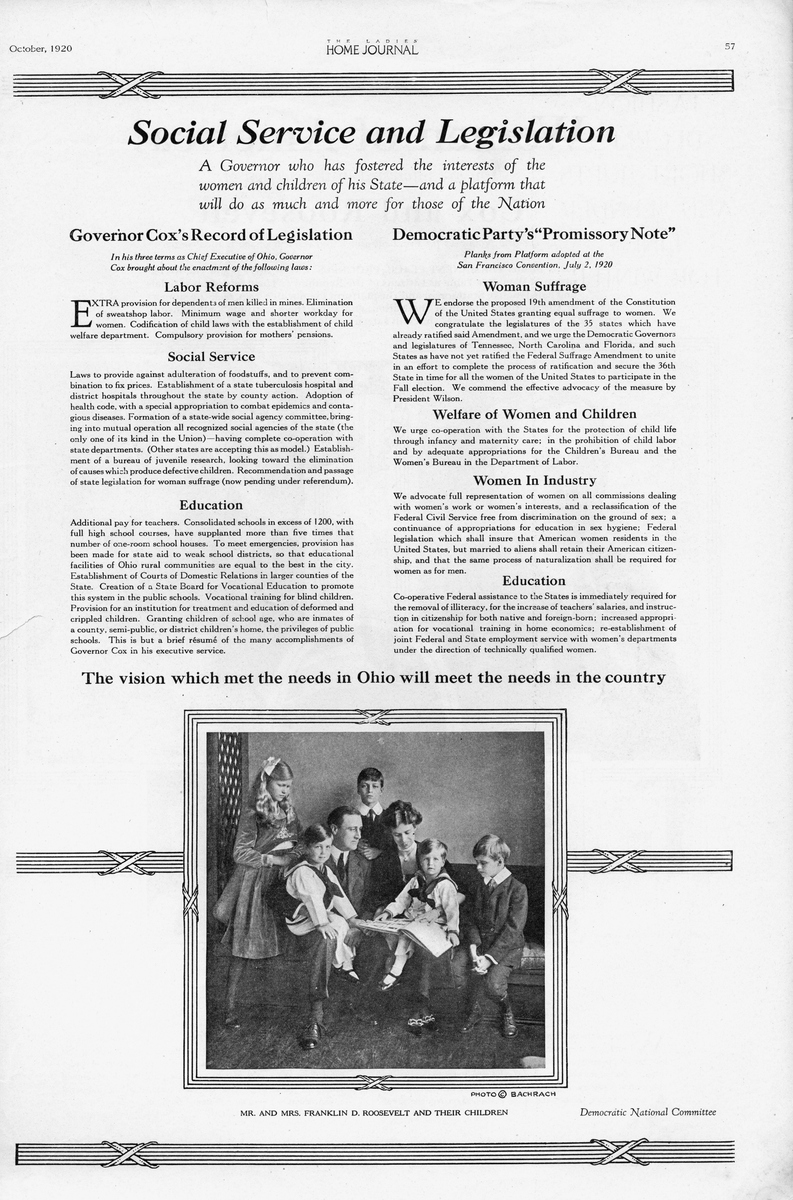Naturalism in American Literature: A Pessimistic Exploration of Reality
Naturalism in American literature is characterized by a focus on the gritty reality of life and the human condition, often depicted through the lens of scientific determinism. The works of naturalist writers such as Stephen Crane, Jack London, and Theodore Dreiser are marked by a sense of pessimism and fatalism, as well as a commitment to social commentary and critique.
One of the defining features of naturalist writing is its emphasis on the harsh realities of life, including poverty, violence, and social inequality. These themes are explored in depth in works such as Crane's 'Maggie: A Girl of the Streets' and Dreiser's 'Sister Carrie,' which both paint a bleak picture of urban life for the working class. Additionally, many naturalist writers embrace a deterministic worldview, in which human behavior is largely determined by biological and environmental factors.
Despite the often bleak subject matter of naturalist works, they are also marked by a powerful and evocative writing style. Writers such as London and Crane are known for their vivid descriptions of nature and the natural world, while Dreiser's prose is marked by a stark simplicity that perfectly captures the bleakness of his subject matter.
Overall, naturalism in American literature represents a powerful and enduring tradition of literary realism and social commentary. While the works of naturalist writers may not always be easy to read, they offer a powerful and unflinching portrait of the human condition that continues to resonate with readers today.

原文地址: https://www.cveoy.top/t/topic/oXge 著作权归作者所有。请勿转载和采集!